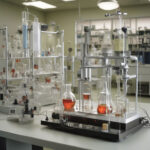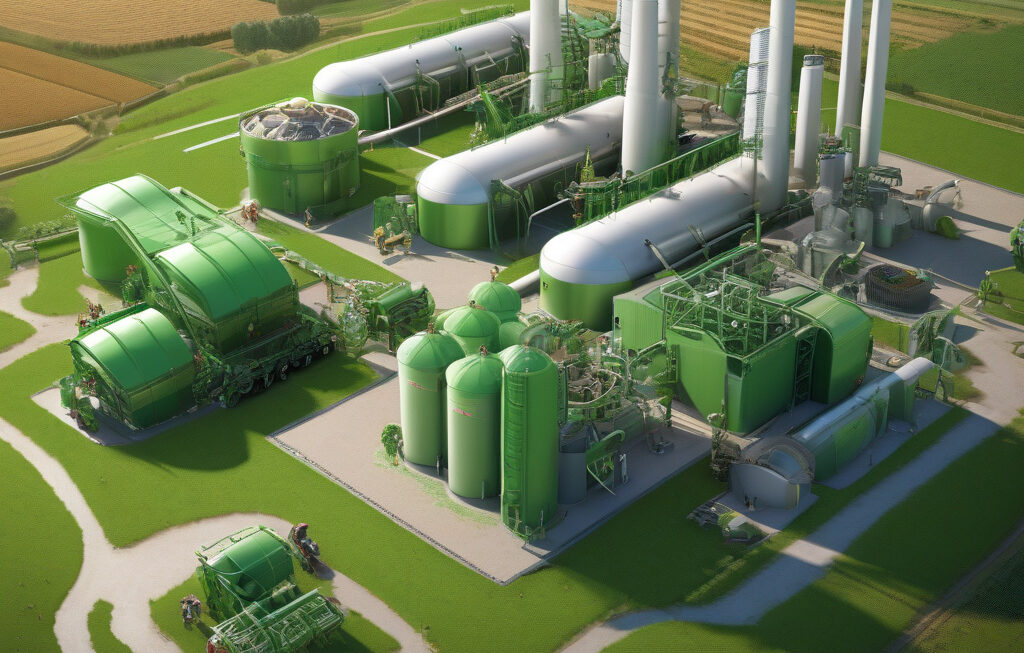Reviving a Centenarian Method: How Scientists in Germany are Using High-Pressure Process to Regenerate Soil and Reduce CO2 Emissions
A startup in Germany has used a high-pressure cooker to develop superhumus, which they see as a game-changer in the quest for sustainable agriculture. This innovative approach involves reviving a nearly 90-year-old high-pressure process that has shown promising results in soil regeneration and carbon sequestration.
The company behind this groundbreaking initiative, BioSoil Farm, has tapped into the potential of a technique originally developed in the early 1930s but largely forgotten since then. By subjecting organic waste materials to high pressures, they have been able to create a nutrient-rich superhumus that boasts impressive carbon storage capabilities.
The superhumus produced through this method has been found to significantly enhance soil fertility and structure, promoting the growth of healthy crops while simultaneously capturing and storing carbon dioxide from the atmosphere. This dual benefit addresses two critical issues facing modern agriculture: the depletion of soil quality and the increasing levels of CO2 in the atmosphere contributing to climate change.
What sets this approach apart is its simplicity and efficiency. By utilizing basic equipment such as high-pressure cookers, BioSoil Farm has made it accessible to farmers of all scales, from smallholders to large agricultural enterprises. This democratization of technology is key to widespread adoption and impact, as it empowers farmers to take an active role in combating climate change and improving soil health.
Moreover, the revival of this age-old process serves as a reminder of the value of looking to the past for inspiration in addressing present challenges. In our fast-paced world driven by the pursuit of the latest innovations, there is much to be gained from revisiting proven methods that have stood the test of time.
The success of BioSoil Farm’s high-pressure process demonstrates that sometimes the most effective solutions are not necessarily the most cutting-edge or complex. By harnessing the power of simplicity and building upon the wisdom of previous generations, we can make significant strides towards a more sustainable future.
As awareness of the importance of soil health and carbon sequestration continues to grow, initiatives like this offer a beacon of hope. They show that by thinking outside the box and embracing unconventional approaches, we can unlock new possibilities for regenerating our environment and mitigating the impacts of climate change.
In conclusion, the revival of the 90-year-old high-pressure process by scientists in Germany represents a noteworthy example of how old techniques can be repurposed for modern challenges. Through the creation of superhumus, BioSoil Farm is paving the way for a more sustainable and carbon-neutral agricultural sector, one high-pressure cooker at a time.
#SoilRegeneration, #CO2Reduction, #SustainableAgriculture, #InnovationInFarming, #ClimateActionNow












